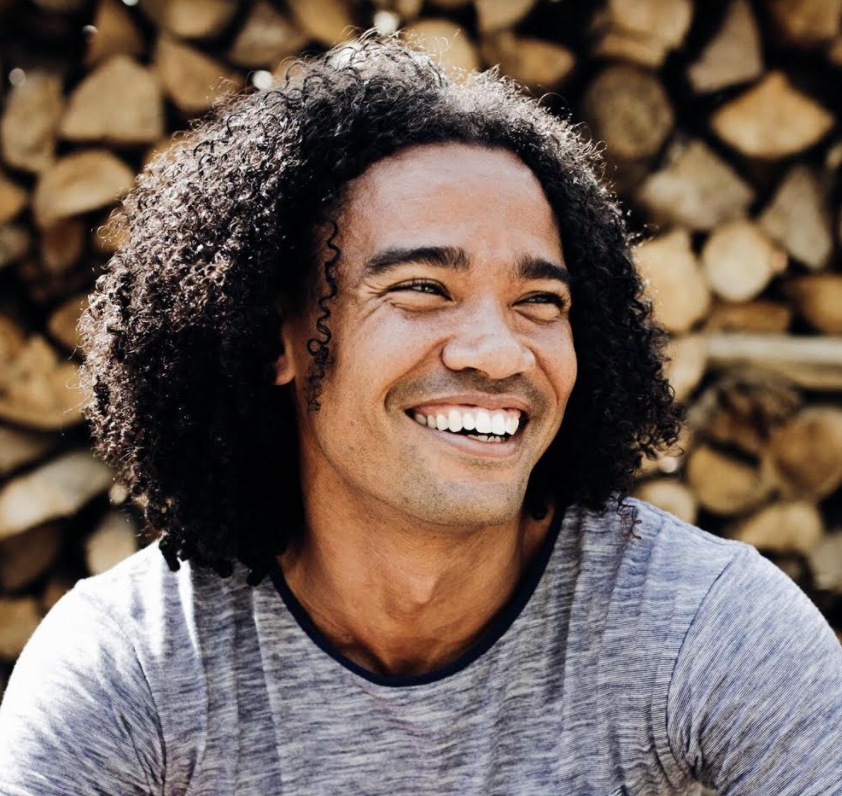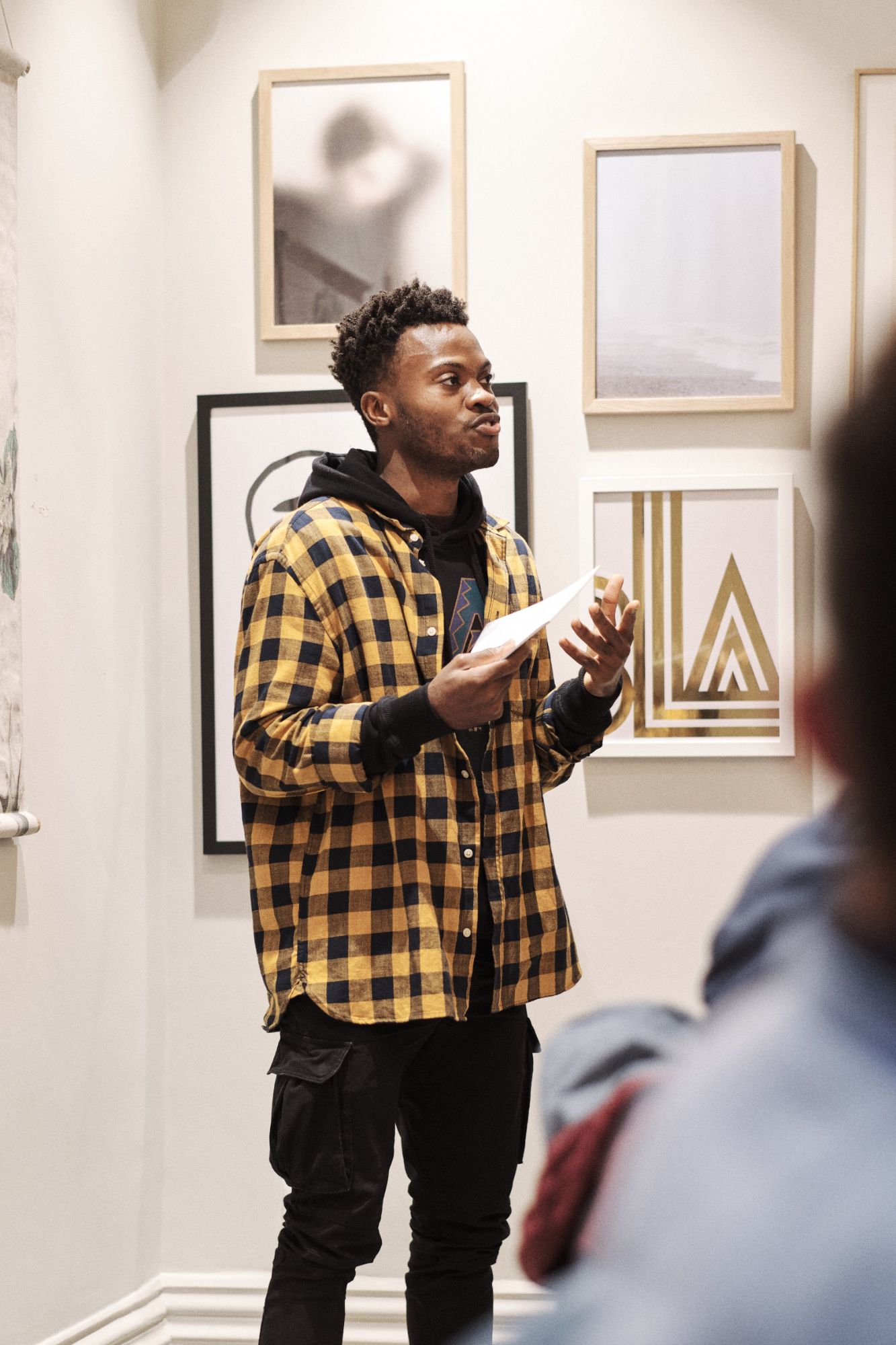Becoming an Anti-Racist organisation
What led us to starting a journey to become an anti-racist organisation
The Young People we support are continually subjected to racism, in the media, by the public, in politics and within the systems designed to support them, such as schools, the home office and the law.
This has led us to starting a journey to become an anti-racist organisation.
This has and will continue to evolve through reflections, learning, developing frameworks, training and new ways of working, which will enable our young people, volunteers and team to feel safe, welcome and heard.
We do not see this as a simple training project that is delivered to staff in a classroom then considered as done. Instead, it’s a highly organic, on-going but focused body of work, that is always happening, and is open to nuance, exploration and learning. To begin this process we initially held an internal and informal consultation with our team.
We invited everyone to share points of view, visions for the future, concerns and experiences.
We have now created and committed to four core goals, which we are working on as an organisation, which are:
- To take real action, and to not limit ourselves at discussion and learning.
- To highlight and call out racism in the UK immigration and asylum system.
- To make clear and accountable commitments to anti-racist practice.
- To create a clear, bold, practical statement on anti-racism.
Supporting Hummingbird's Anti-Racism work
“I am incredibly proud to be supporting Hummingbird's anti-racism initiative, as it is a project that I feel deeply passionate about.
I want to see our work not just as changing and improving Hummingbird's internal practices around how racism is seen, understood and challenged, but to also take strong steps forward in reducing and removing racism from the systems that often deeply harm the young people that they work with. We have already carried out a number of collaborative activities across the whole team, to better understand how racism shows up in our own lives, experiences, work and interactions with young people. Our next steps are to put in place formal projects and budgeted activities that will work towards putting anti-racism practices at the heart of who they are and what they do. A large part of this will also be developing a long-term strategy for our anti-racism work. This will mean setting out clear objectives, timelines and statements of our beliefs. And then of course, we will want and need to closely collaborate with young people on all of the work that we do.
I feel very aware that this will be difficult and challenging work, and will involve overcoming tension and complexity. However, I am certain that the impact this work could have on the everyday lives of young people who experience racismin this country, will make this unquestionably worthwhile.”
Joshua Samuels

